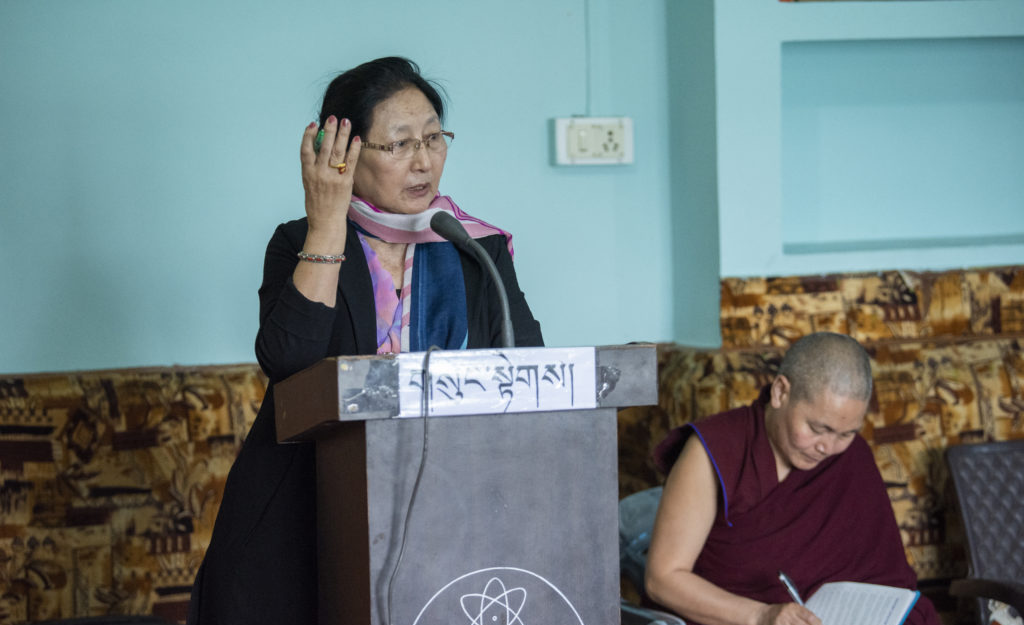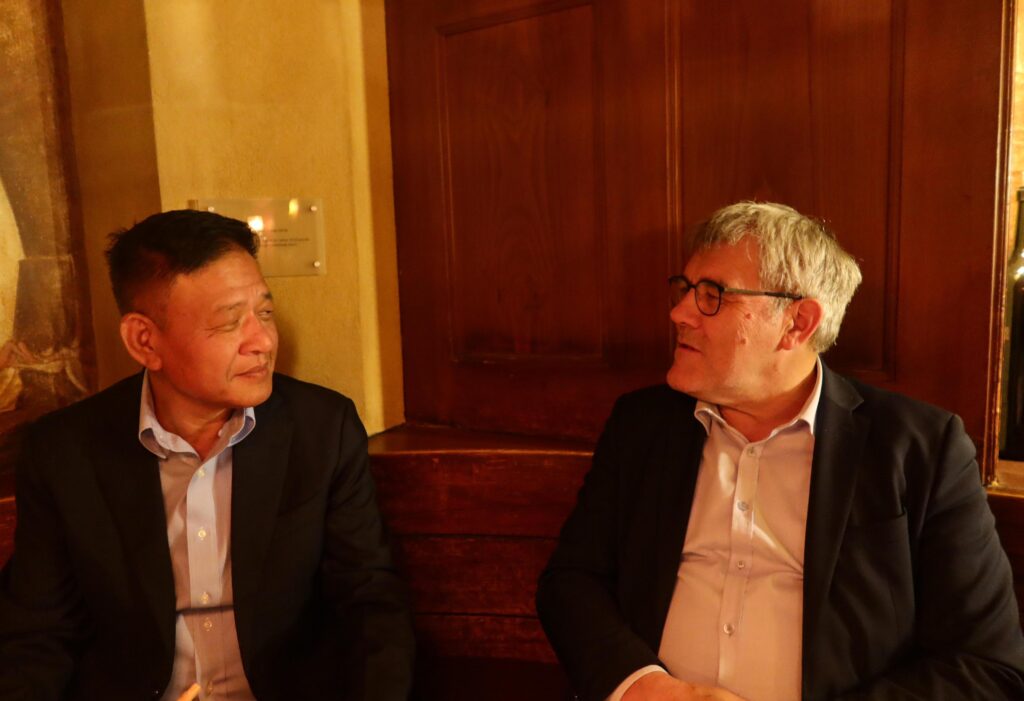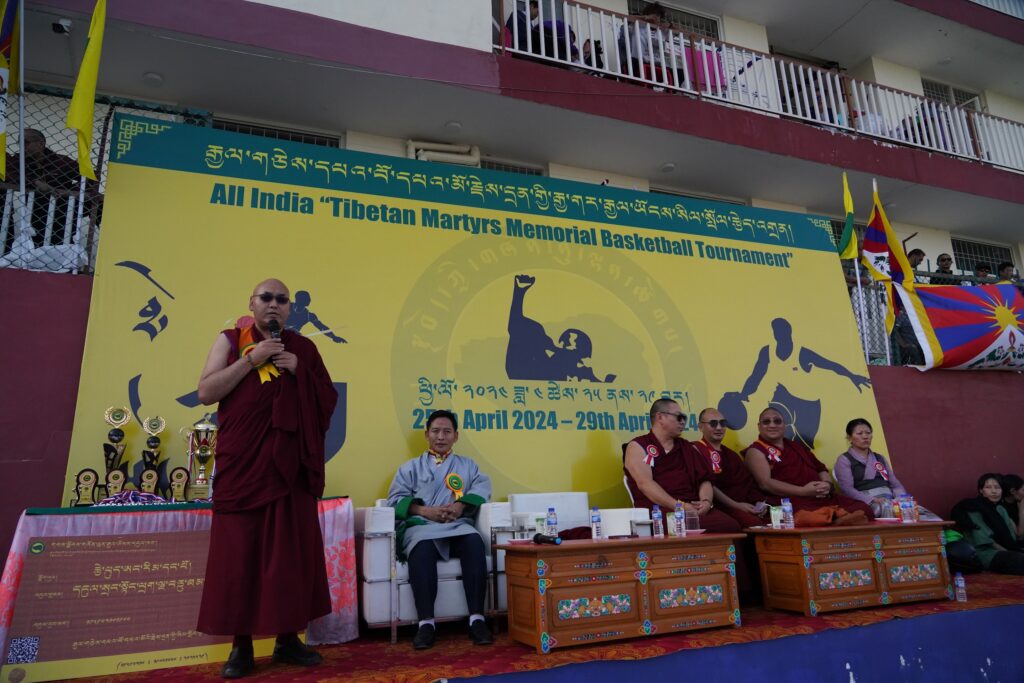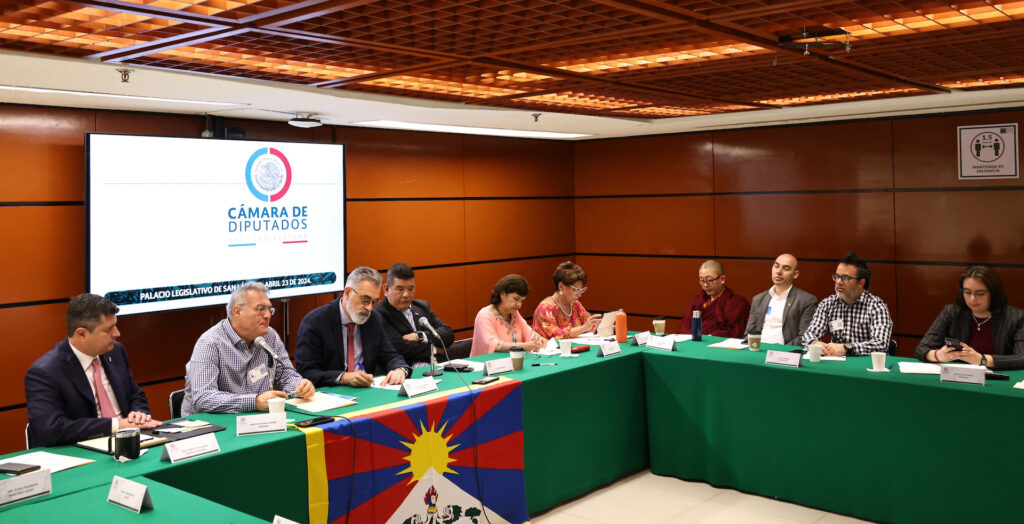
Bringing change to China: an opportunity for governments to course correct on Tibet: Dr Michael Van Walt, legal advisor, scholar and a long time supporter of Tibet and His Holiness the Dalai Lama.
Dharamshala: Global anti-China sentiments have tipped an all-time high in successive months following China’s early mishandling of the coronavirus pandemic and its aggressive leveraging of the crisis to advance undue and illegal territorial and maritime claims.
Much like the COVID-19, strategic realization across the global political spectrum of the CCP regime’s hegemonic agenda has gone pretty much viral.
Tibet expert and renowned advisor for global peace processes, Dr Michael Van Walt speaking at a discussion organised by the Office of Tibet London this week said that the global attitude and policy shift towards China could have renewed a conducive environment for bringing the question of Tibet back to the center of the discourse.
The executive president of Kreddha, who is an unmatched authority in terms of the study of Sino-Tibet conflict said now is the “critical juncture” to be vocal about the status of Tibet as he believes that “this discussion is indeed critical to bring change in China”.
“The window of opportunity for this kind of thing is always extremely short,” he explains, “70 years of Chinese Communist propaganda have greatly impacted people’s perception of Tibet’s status at the time of the invasion. Many people including foreign ministry officials and journalists that influence policy, many assume that Tibet was part of imperial China in some way.”
The upside for China is that it has been successful at shaping the discourse in its favour on basis of historical claims which are difficult to assess requiring extensive research based on centuries-old historical sources that are dispersed in varied languages.
As a result, “many people have started to doubt” and he adds that leaving such misrepresentation unchallenged emboldens Beijing to maintain the status quo on Tibet.
Contrary to Chinese claims, Dr Michael argues Tibet was in fact historically never a part of China.
“Tibet was not part of China during Mongol empire, it did not become part of the Yuan dynasty, It was not ruled by Chinese Ming dynasty and the Manchu Ching emperor’s relation with Dalai Lamas and Tibet never resulted in Tibet’s incorporation into China,” he said.
Based his 10 years of extensive research which he and his colleague undertook through engagement with over 100 scholars starting with the rise of models of Genghis Khan eight centuries ago which is exactly the period Beijing claims Tibet first became part of China, Michale said none of the claims PRC made regarding its alleged historical sovereignty over Tibet holds water.
These conclusions were all corroborated by contemporaneans, Tibetan Mongolian and Chinese sources. The complete analysis is contained in the ‘Tibet Brief 2020’ which will be available on Amazon bookstore by October this year.
Shedding more light on how the historical status of independent status and its 70 years of experience with China holds the key to the current global discourse, Dr Michael cited Tibetan’s 70 years of experience in the kinds of policies that we are seeing now being carried out in Hong Kong, against Uyghurs in Xinjiang. The oppressive policies of integration and assimilation were blueprinted in Tibet.
By neglecting its moral as well as legal obligations to recognizing China’s forceful and illegal occupation of Tibet, and looking the other way is what has emboldened Beijing govt to assert expanding territorial claims and influence.
One of the few ways to send a very strong signal to China “by questioning the legitimacy of China’s rule in Tibet,” he asserted.
“Also questing the legitimacy of Chinese behaviour in Hong Kong and the legitimacy of China’s claims to Taiwan and the South China Sea.”
Drive to bring about change in China, he concludes, is an opportunity for governments to course correct on Tibet now.





